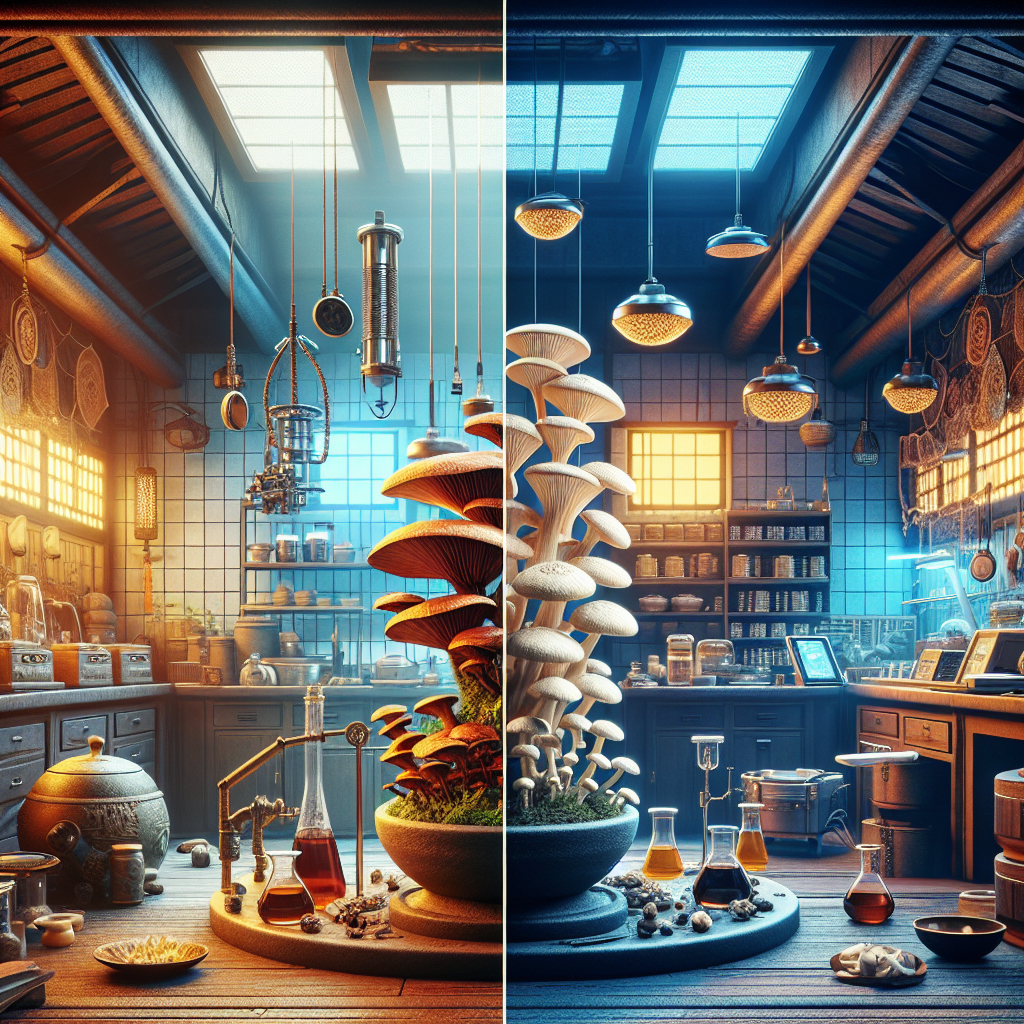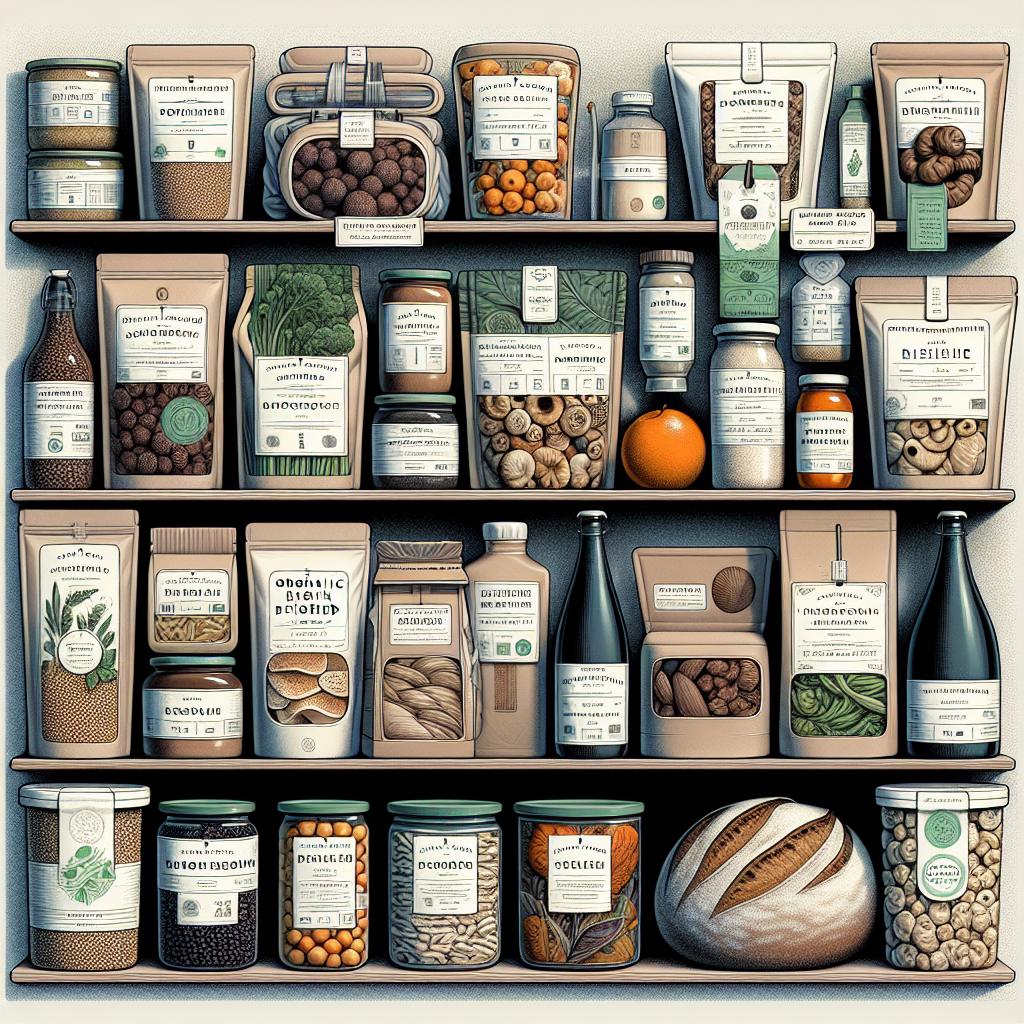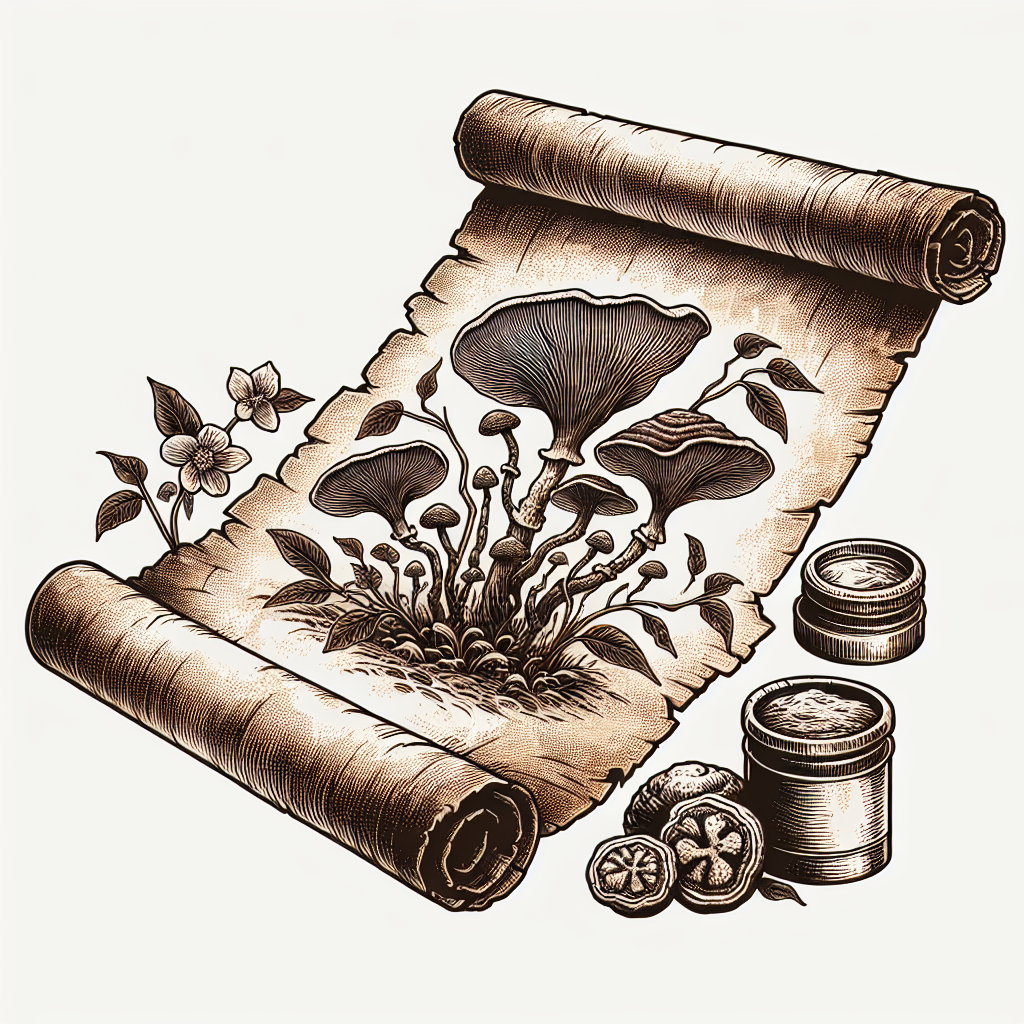What if your food could do more than just satiate your hunger and tantalize your taste buds? What if it could actually add years to your life? This might have seemed like sheer fantasy until now.
In an unprecedented development that blurs lines between gastronomy and medicine, a recent breakthrough in medical research presents some intriguing possibilities for our culinary future. This revelation has its roots in traditional cooking but stretches into the realm of modern healthcare.
Culinary Tradition
The story begins with an ancient superfood right from the heart of East Asia – The Lingzhi mushroom or Reishi, revered for its medicinal properties for centuries. Traditional recipes involve simmering these fungi in soups or brewing them into teas.

Cultural Roots
An integral part of folklore and traditional medicine across several Asian cultures, Reishi was considered an elixir promising longevity and vitality. Its rich history dates back over 2000 years when it was touted as ‘the immortality plant’ by Taoists.
Modern Evolution
This cultural gem has caught the attention of modern scientists who’ve unraveled its hidden potential – compounds within these mushrooms have shown promise in combating age-related diseases at their cellular level! It’s truly a ‘crossroads moment’ where ancestral wisdom meets cutting-edge science!
Key Ingredients
The key to this breakthrough lies in something called polysaccharides. These natural compounds found abundantly in Reishi appear to have impressive antioxidant properties, protecting our bodies from harm caused by free radicals.

Preparation Methods
Rapid advancements are introducing new ways of harnessing these benefits – think Reishi-infused energy bars, teas, or even bioavailable supplements that let you derive its goodness without the bitter aftertaste!
Cultural Significance
This discovery holds great cultural significance too. Traditional recipes handed down through generations could now be integral for modern healthcare. It’s more than just preserving culture; it’s about reinventing it.

